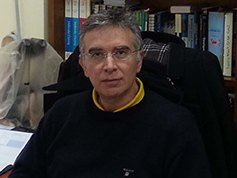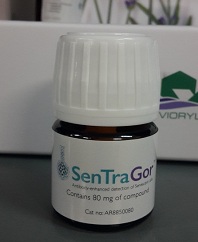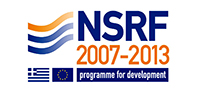Escape from oncogene-induced senescence
The manuscript provides evidence on how senescent cells escape from oncogene induced senescence, an important tumor suppressor mechanism, facilitating tumor progression. Particularly the authors demonstrate that a recurrent chromosomal inversion harboring the circadian gene BHLHE40 is sufficient to drive escape from oncogene-induced senescence. The inversion is the outcome of oncogene-mediated genomic instability followed by chromatin refolding changes that activate the gene, leading to cell cycle re-entry and aggressive behavior. These findings support that replication stress-induced genomic instability is the causative factor underlying ‘‘escape’’ from oncogene-induced senescence and that targeting senescent cells can be of major clinical importance by eliminating a potential source of recurrence.














